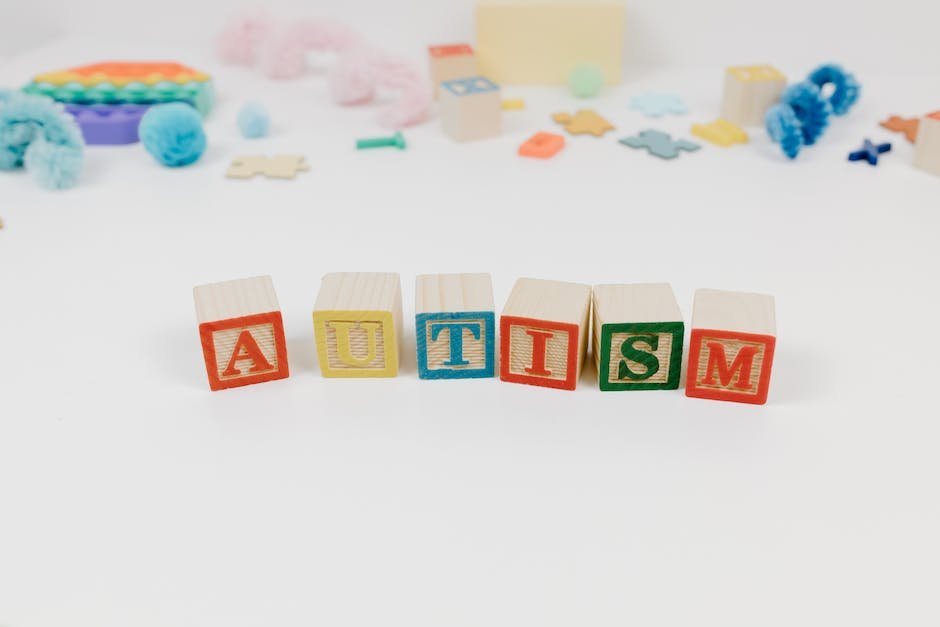
Navigating the journey of understanding Autism can feel overwhelming; there’s a maze of signs to spot, evaluations to understand, and local resources to uncover. This write-up aims to discerningly guide you through this process, unveiling the various symptoms and early indicators of Autism. Not only do we aim to help you comprehend the complexities of these signs but also assist you by illuminating the pathway to assessments – our focal point being the myriad evaluations, methodologies employed by professionals, and the process surrounding Autism diagnosis. Furthermore, this writing focuses on providing pertinent local resources available in Minnesota, encompassing specialized clinics, therapy centers, pediatricians, state programs, and supportive community groups. Navigating the autism diagnosis process can be challenging; we hope this guide offers clarity and eases your journey.
Understanding Autism: Symptoms and Early Signs
There’s an old saying, “We may not have it all together, but together we have it all.” This rings especially true in a tight-knit, loving family unit where the wellbeing of each member is of paramount importance. Recognizing and understanding early signs of autism in children is one key element of caring for the family. Early detection could make a significant difference in managing and mitigating the effects of autism.
First and foremost, look for challenges in social interaction, an early symptom most commonly associated with autism. A child may appear uninterested in others, often preferring to play alone; he or she might not engage in typical eye contact, or may not respond when name is called. Additionally, their facial expressions and gestures might be at odds with their feelings and they may have trouble understanding other’s emotions as well.
Secondly, rigidity in behavior or interests is another red flag. They may inexplicably become obsessed with a particular toy or type of play, repeatedly lining up toys or insisting on a very specific routine and becoming extremely upset if there is a deviation from it. They may also manifest repetitive body movements, like hand flapping, spinning, or rocking. Also, they could showcase higher sensitivity to specific sounds, textures, and lights that others might not find disturbing.
Communication hitches are another signal. Delayed speech development is common among children with autism. But this is not always the case, some kids could be speaking but only mimic what they hear or use language in an unusual way. Exhibiting lack of imagination and creative play could also be a sign.
Moreover, it’s crucial to note that the severity and combination of these signs can vary from child to child. A loving, keen-eyed parent could be the first to notice these signs and seek the help of a professional. Remember, there’s no such thing as being overly attentive when it comes to your child’s health and wellbeing.

Autism Assessments: Types and Processes
In the journey of seeking a diagnosis for Autism, there are numerous assessments to consider.
One of the fundamental components is the Autism Diagnostic Observation Schedule (ADOS).
This test takes a close look at social interaction, communication, and play or imaginative use of materials.
It’s held in a comfortable and controlled environment, typically facilitated by trained psychologists or medical professionals.
During this exercise, the child’s behavior is carefully observed and cataloged.
Using a meticulous scoring system, professionals then identify any patterns that may signal Autism Spectrum Disorder (ASD).
Moving beyond ADOS, Comprehensive Diagnostic Evaluation is often regarded as the next step in the process.
This extensive approach considers a variety of aspects, such as the child’s behavior and development in tandem with interviews from parents.
This evaluation can also involve a variety of health assessments, including hearing and vision screening, genetic testing, neurological testing, and more depending upon the specific circumstances.
Every step of the way, it’s important that there’s collaboration and open communication between the professionals and the family.
After these, there is usually a referral made to specialists, which comes with its own evaluation processes.
Specialists can include speech and language therapists, psychologists, pediatric neurologists, or developmental pediatricians.
These individuals have specific expertise in their areas that allow them to uncover more nuanced signs of ASD that might have been missed in initial evaluations.
Throughout this process, it’s essential always to remember that Autism is not a one-size-fits-all disorder and each child might express unique patterns of behavior.
Compassionate patience, understanding, and an unwavering commitment to the child’s welfare are vital aspects of navigating the diagnosis of Autism effectively.
The ultimate goal is to provide the most supportive and enriched environment possible for the child’s growth, development, and happiness.

Your Minnesota Autism Resources: Service Providers and Support Groups
Seeking a diagnosis for autism can be an emotional journey, but fortunately, Minnesota provides a wealth of resources for parents. The Autism Society of Minnesota, for example, offers numerous services designed to support families of children with Autism Spectrum Disorders (ASD). In terms of evaluation and diagnosis, clinics such as Fraser Autism Center of Excellence, the Mayo Clinic, and Gillette Children’s Specialty Healthcare, lead the way, providing comprehensive diagnostic evaluations encompassing all aspects of the child’s development. Not only do they focus on identifying ASD traits, but they venture to uncover other health or developmental concerns, laying down the full-spectrum of your child’s needs.
For local support, the Minnesota Autism Center (MAC) shines with its commitment to improving the lives of children and families affected by ASD. Offering therapeutic services, educational programming, and family resources, MAC serves as an all-inclusive support center. Alternatively, The Miracles of Mitch Foundation offers financial assistance to families dealing with ASD-related expenses, aiming to alleviate the financial burden.
Lasty, don’t overlook the value of joining local support groups, both online and offline. Oftentimes, the most useful advice comes from others who have walked the path you’re navigating. Not only can they point you towards further resources, but they will understand your worries, hopes, and fears, offering an empathetic ear and reassurances that you’re not alone in this journey. Remember, every child on the autism spectrum is unique. Their journey towards diagnosis and beyond is a unique blend of challenges and victories, with the promise of discovering hidden strengths and talents. As you seek out resources in Minnesota, take comfort and strength from the wealth of information and support at your disposal.

Having traversed through the signs of Autism, the myriad assessments involved, and the abundant Minnesota-based resources, it is hoped that you feel more equipped in your understanding of Autism. Whether you’re a parent suspecting your child may have Autism or an adult questioning your diagnosis, knowing these signs, understanding these evaluations, and accessing local support can help alleviate stress and facilitate a smoother journey. Embarking on the road to a diagnosis can be daunting; remember that you’re not alone – Minnesota’s rich resource network stands alongside you. This journey may challenge you, but the goal is to empower you and provide the help needed for you – or your child – to thrive.





